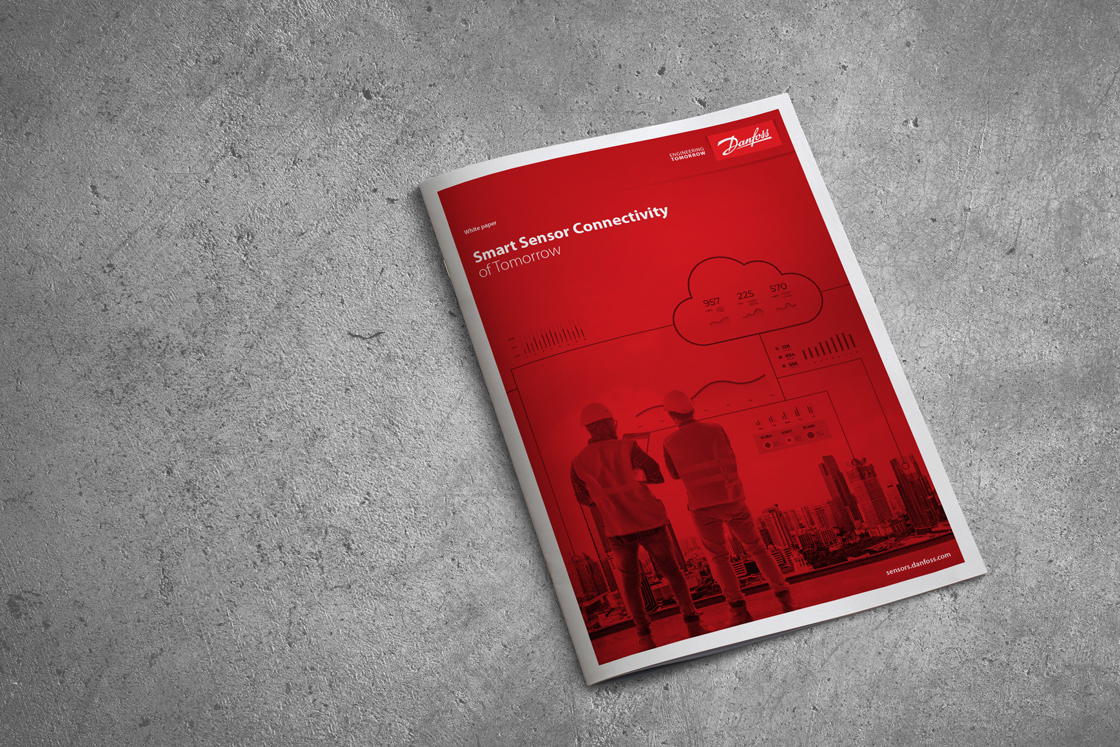
The future of sensing is here - digitalization has revolutionized global industries, creating opportunities for businesses to optimize operations, meet increasingly strict standards for energy efficiency, and prepare for the next wave of industrial innovation. Danfoss Sensing Solutions is committed to joining its customers across the digital frontier with the advanced Smart Sensor™ technology platform - and to sharing the latest Industry 4.0 insights that help you embrace the digital sensor age with ease and confidence.
Industries around the world are rapidly evolving. New technology - fueled by digitalization - has the potential to help businesses achieve greater optimization, boost energy efficiency, and increase safety standards as never before. And while many have adopted the technology necessary to implement Industry 4.0, OEMs, wholesalers, and installers are at a crossroads, considering their next step on the digitalization journey.
|
“We take our customer’s digitalization journey personally,” says Bert Labots, Vice President at Danfoss Sensing Solutions. “Because we know that adopting new technologies is a critical business investment with many opportunities. That’s why we are focused on sharing the latest Industry 4.0 insights while actively developing our Smart Sensors™ portfolio.” |
Prepared for tomorrow’s innovation—today
To keep pace with industrial evolution, we must continue to focus on smart sensor technology.
“Smart sensors play an important role in the backbone of Industry 4.0 and its success,” explains Bert Labots. “As a central driving force for innovation, smart sensor technology makes industrial processes more efficient—and has broader economic, environmental, and social benefits.
From megatrends such as smart cities to critical ecological impact such as reduced energy consumption, smart sensors are driving the world forward by delivering relevant data streams.”
With the opportunities of smart sensors at our fingertips, it is time to embrace the digital frontier for a connected, more sustainable future.

